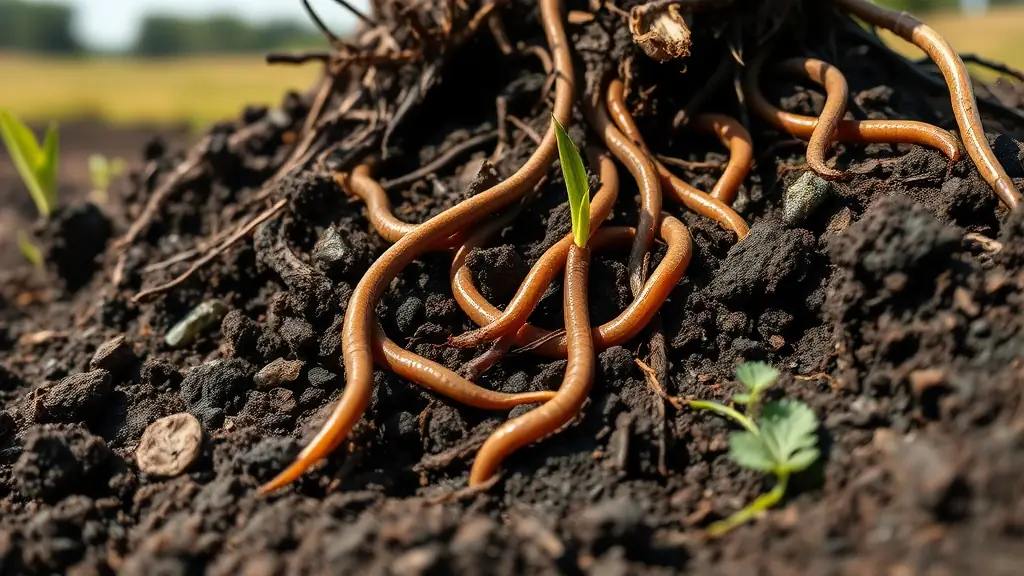Soil health is often overlooked, yet it is the foundation of successful agriculture. Healthy soil supports plant growth, retains water, and provides essential nutrients, making it crucial for sustainable farming. Farmers must prioritize soil health by implementing practices such as reduced tillage, cover cropping, and organic amendments. These methods not only enhance soil structure but also promote microbial activity, which is vital for nutrient cycling.
Regular soil testing is essential for understanding the specific needs of your land. By analyzing soil samples, farmers can identify nutrient deficiencies and adjust their fertilization strategies accordingly. This targeted approach not only improves crop yields but also minimizes environmental impact by reducing excess fertilizer runoff. Furthermore, maintaining a diverse crop rotation can help prevent soil degradation and promote a balanced ecosystem.
Investing in soil health is an investment in the future of farming. As climate change continues to affect agricultural practices, resilient soils will be key to adapting to these challenges. By focusing on soil health, farmers can ensure long-term productivity and sustainability, ultimately leading to a more secure food supply for future generations.








